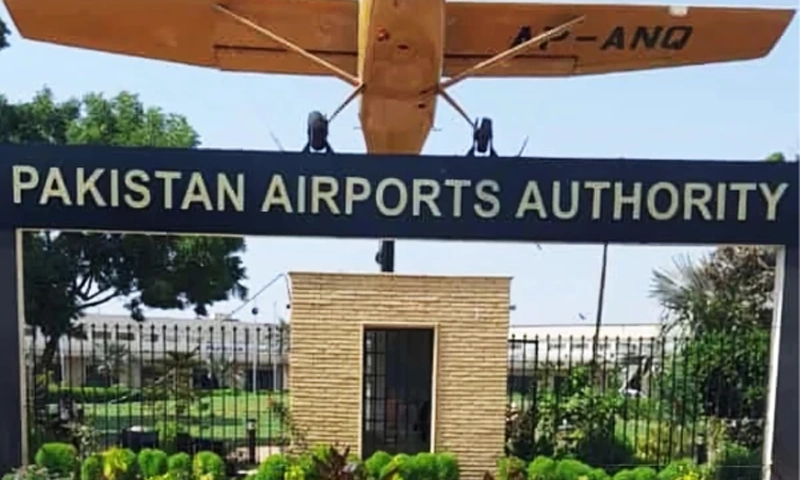- Web Desk
- Feb 19, 2026
Pakistan, India extend airspace ban on each other

KARACHI: Pakistan and India’s aviation authorities said on Friday they would extend an airspace ban on each other’s airlines, after the worst violence between the nuclear-armed rivals in decades.
Read more: Pakistan has avenged 1971: Shehbaz Sharif
It comes a month after the deadly April 22 attack on Indian tourists in Kashmir, which sparked a four-day military conflict between India and Pakistan.
More than 70 people were killed in missile, drone and artillery fire until a ceasefire was announced on May 10.
Pakistan had closed its airspace to Indian aircraft on April 24, while India took a similar measure days later, with the ban to last until May 23.
“No flight operated by Indian airlines or operators will be allowed to use Pakistani airspace,” Pakistan Airports Authority said in a statement, adding that the ban had been extended until early morning on June 24.
Read more: Pakistan airspace ban extended for Indian aircraft
“This ban will also apply to Indian military aircraft.”
India’s Ministry of Civil Aviation returned in kind, saying it “extends (Notice to Airmen) for Pakistan flights for one month”, until June 23.
Muslim-majority Kashmir is claimed in full by both countries, which have fought multiple wars over the Himalayan territory since their 1947 independence from Britain.
Pakistan’s decision to close its airspace to carriers from its neighbour has seen journeys from India to Central Asia, Europe and North America take up to two hours longer.
And the extra flying time may eventually make flights more expensive.
Indian government data shows that when Islamabad closed its airspace in 2019 –after New Delhi hit it with airstrikes in response to an attack in Kashmir –domestic airlines saw a financial cost of nearly 5.5 billion rupees ($64.3 million) during the nearly five-month-long shutdown.
Pakistan first imposed the restriction on April 24, only two days after an attack in Indian-administered Kashmir that killed 26 people.
The move came in response to New Delhi’s decision to put the Indus Waters Treaty in abeyance, as part of wide range of steps.





